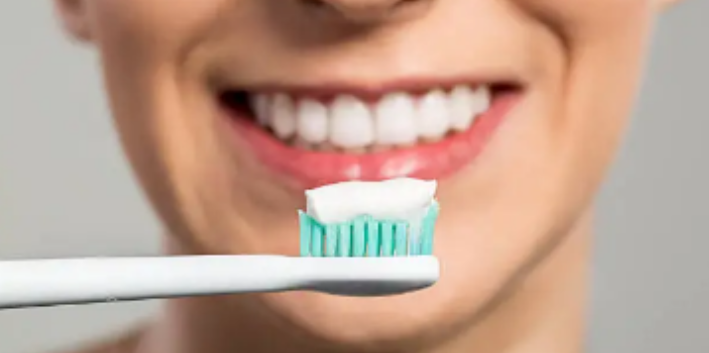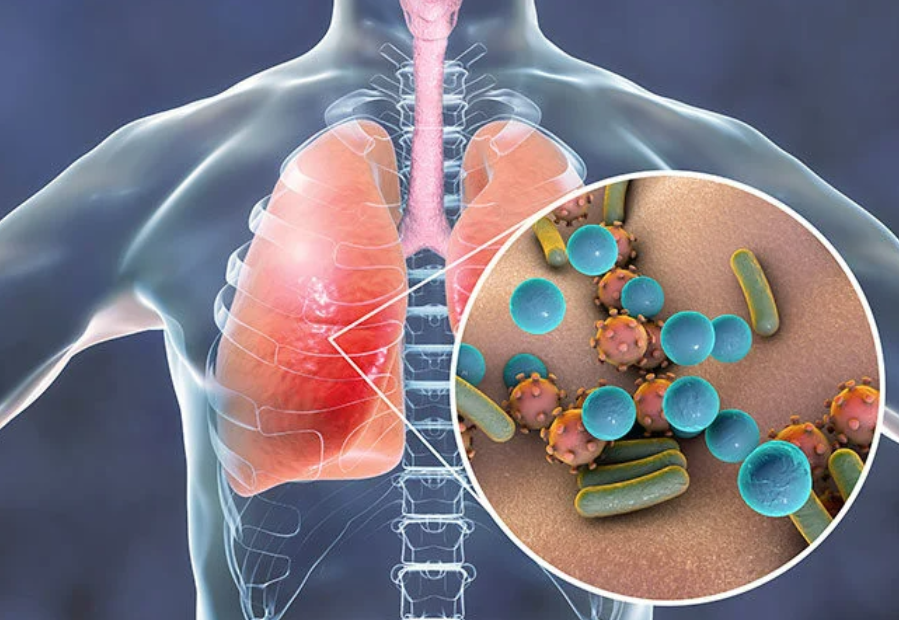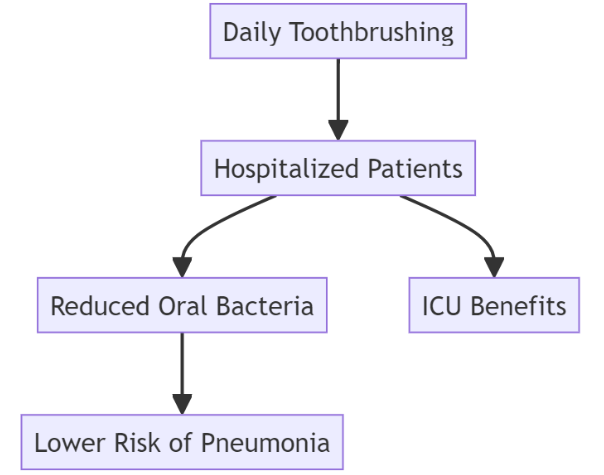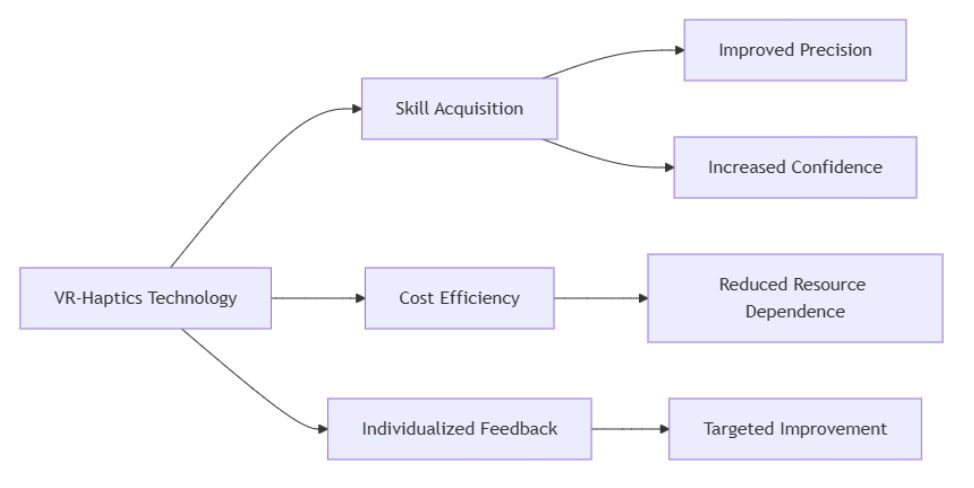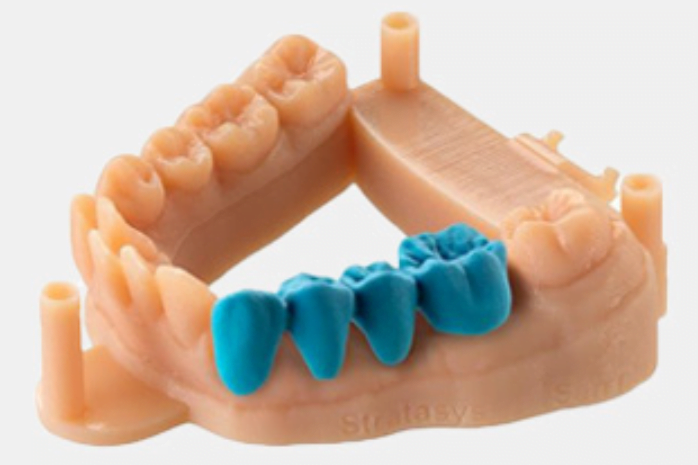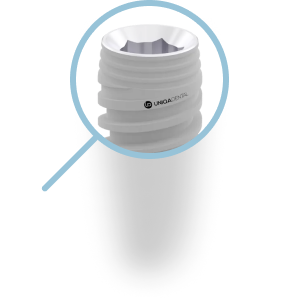Brushing teeth helps reduce risk of pneumonia — study among hospitalized patients
In a groundbreaking study conducted by Brigham and Women’s Hospital and Harvard Pilgrim Health Care Institute, the impact of daily toothbrushing on hospitalized patients has emerged as a cost-effective measure to combat hospital-acquired pneumonia. This comprehensive meta-analysis, encompassing 15 randomized clinical trials with over 2,700 patients, provides compelling evidence that incorporating regular toothbrushing into the daily routine of hospitalized patients, especially those on mechanical ventilation, significantly reduces the risk of hospital-acquired pneumonia.
The Striking Link Between Toothbrushing and Mortality Reduction
Hospital epidemiologist and corresponding author, Michael Klompas, MD, MPH, highlights a striking signal towards lower mortality rates among patients who undergo daily toothbrushing. The study suggests that this simple practice may not only prevent pneumonia but could potentially save lives. Klompas emphasizes the rarity in hospital preventative medicine to find an intervention that is both effective and cost-efficient, highlighting toothbrushing as a powerful yet overlooked tool.
Understanding the Mechanism: Oral Health and Pneumonia
Hospital-acquired pneumonia occurs when oral bacteria enter a patient’s airways, infecting the lungs, and is particularly prevalent among frail or immunocompromised patients. The study indicates that adopting a daily toothbrushing regimen significantly decreases oral bacteria, mitigating the risk of hospital-acquired pneumonia. This revelation underscores the importance of oral care as a fundamental aspect of patient well-being during hospital stays.
Systematic Review and Meta-Analysis
The research team conducted a meticulous systematic review and meta-analysis, leveraging data from diverse databases worldwide. The results unveil a clear association between daily toothbrushing and a lower risk of hospital-acquired pneumonia and ICU mortality. Notably, toothbrushing in the ICU setting was linked to reduced mechanical ventilation days and shorter ICU stays, further emphasizing the broad-reaching benefits of this simple practice.
Extending the Scope: Non-ICU Patients
While most studies focused on toothbrushing in ICU-admitted adults, the researchers express optimism that the protective effect extends to non-ICU patients. However, further dedicated studies are warranted to confirm this hypothesis. The study encourages the implementation of oral health routines, including toothbrushing, for all hospitalized patients.
Implications for Healthcare Policies
The findings advocate for the integration of oral health routines, specifically toothbrushing, into standard care protocols for hospitalized patients. Dr. Klompas urges healthcare facilities to catalyze policies and programs ensuring that patients receive regular oral care. Even for patients unable to perform the task themselves, the recommendation is for a member of the care team to assist, emphasizing the significance of this simple yet impactful intervention.
In conclusion, the study underlines the transformative potential of daily toothbrushing in reducing pneumonia rates among hospitalized patients. This cost-effective and accessible intervention not only addresses a critical health concern but also opens avenues for redefining healthcare practices. Hospitals worldwide are encouraged to prioritize oral care as an integral component of patient well-being, recognizing the profound impact that a toothbrush can have on saving lives.
Sources
- ScienceDaily – Toothbrushing tied to lower rates of pneumonia among hospitalized patients – December 18, 2023
- Jama Network – Association Between Daily Toothbrushing and Hospital-Acquired Pneumonia A Systematic Review and Meta-Analysis – December 18, 2023

